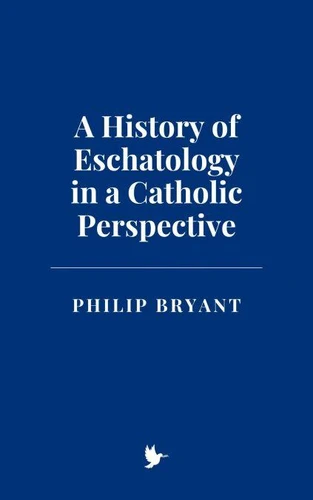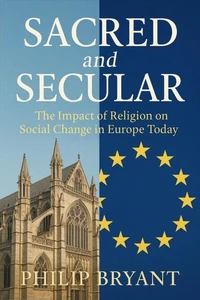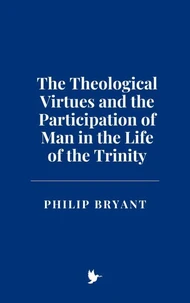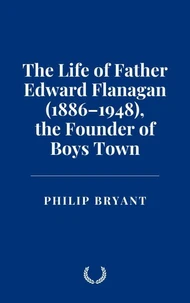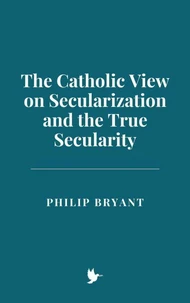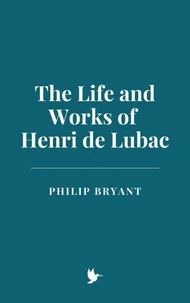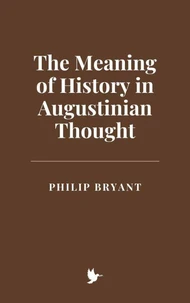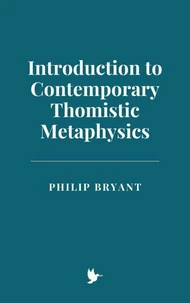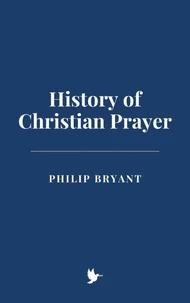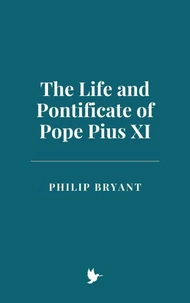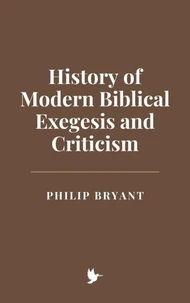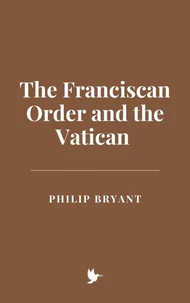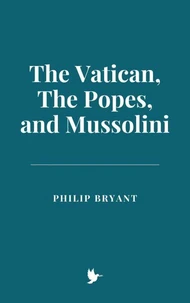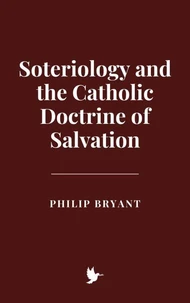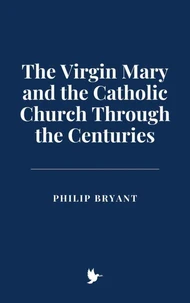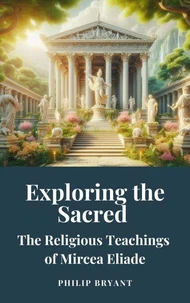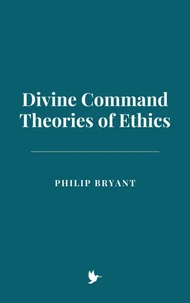A History of Eschatology in a Catholic Perspective
Par :Formats :
Disponible dans votre compte client Decitre ou Furet du Nord dès validation de votre commande. Le format ePub est :
- Compatible avec une lecture sur My Vivlio (smartphone, tablette, ordinateur)
- Compatible avec une lecture sur liseuses Vivlio
- Pour les liseuses autres que Vivlio, vous devez utiliser le logiciel Adobe Digital Edition. Non compatible avec la lecture sur les liseuses Kindle, Remarkable et Sony
 , qui est-ce ?
, qui est-ce ?Notre partenaire de plateforme de lecture numérique où vous retrouverez l'ensemble de vos ebooks gratuitement
Pour en savoir plus sur nos ebooks, consultez notre aide en ligne ici
- FormatePub
- ISBN8230575153
- EAN9798230575153
- Date de parution19/02/2025
- Protection num.pas de protection
- Infos supplémentairesepub
- ÉditeurIndependently Published
Résumé
Eschatology, derived from the Greek word eschaton, meaning "last, " is the branch of theology that deals with the ultimate destiny of humanity and the world. It is concerned with the "last things, " which traditionally include death, judgment, heaven, hell, and the end of time itself. Eschatology is at once a deeply personal subject, addressing the individual's fate after death, and a cosmic one, pondering the fate of the world and all of creation.
In Catholic theology, eschatology cannot be understood apart from the overarching narrative of salvation, which begins in creation, reaches its culmination in Christ's life, death, and resurrection, and looks toward the fulfillment of God's plan for the universe. This work is an exploration of how eschatology has evolved in the Catholic tradition, shaped by scripture, patristic thought, medieval theology, and modern interpretations.
In Catholic theology, eschatology cannot be understood apart from the overarching narrative of salvation, which begins in creation, reaches its culmination in Christ's life, death, and resurrection, and looks toward the fulfillment of God's plan for the universe. This work is an exploration of how eschatology has evolved in the Catholic tradition, shaped by scripture, patristic thought, medieval theology, and modern interpretations.
Eschatology, derived from the Greek word eschaton, meaning "last, " is the branch of theology that deals with the ultimate destiny of humanity and the world. It is concerned with the "last things, " which traditionally include death, judgment, heaven, hell, and the end of time itself. Eschatology is at once a deeply personal subject, addressing the individual's fate after death, and a cosmic one, pondering the fate of the world and all of creation.
In Catholic theology, eschatology cannot be understood apart from the overarching narrative of salvation, which begins in creation, reaches its culmination in Christ's life, death, and resurrection, and looks toward the fulfillment of God's plan for the universe. This work is an exploration of how eschatology has evolved in the Catholic tradition, shaped by scripture, patristic thought, medieval theology, and modern interpretations.
In Catholic theology, eschatology cannot be understood apart from the overarching narrative of salvation, which begins in creation, reaches its culmination in Christ's life, death, and resurrection, and looks toward the fulfillment of God's plan for the universe. This work is an exploration of how eschatology has evolved in the Catholic tradition, shaped by scripture, patristic thought, medieval theology, and modern interpretations.

